It is quite possible that the DoJ will arrange with another company to facilitate payback to players, but the checks will not come with a U.S. government seal on them, if they come at all.
It was recently announced that the U.S. Department of Justice (DoJ) and Groupe Bernard Tapie (GBT) came to an agreement that would allow GBT to purchase the assets of Full Tilt. Under the agreement, GBT would pay the DoJ $80 million and GBT would be responsible to pay back non-U.S. customers. American customers would have to apply to the DoJ to get their funds returned and speculation has surfaced that the DoJ would use the $40 million left in Full Tilt’s bank account 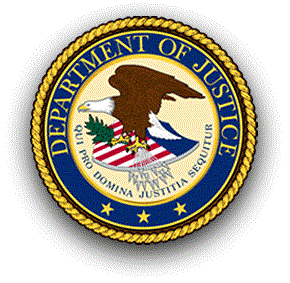 along with fines levied against former Full Tilt shareholders to pay American players back. If that is indeed the final arrangement, the U.S. payers could be waiting a while. I spoke with someone who formerly worked in the U.S. Justice Department and asked him what he made of the arrangement. His comments were clear “the Department of Justice doesn’t work that way.†In better words, the DoJ doesn’t pay back people it believed were violating the law. It is quite possible that the DoJ will arrange with another company to facilitate payback to players but the checks will not come with a U.S. government seal on them and they won’t be coming from any moneys seized by the DoJ.
along with fines levied against former Full Tilt shareholders to pay American players back. If that is indeed the final arrangement, the U.S. payers could be waiting a while. I spoke with someone who formerly worked in the U.S. Justice Department and asked him what he made of the arrangement. His comments were clear “the Department of Justice doesn’t work that way.†In better words, the DoJ doesn’t pay back people it believed were violating the law. It is quite possible that the DoJ will arrange with another company to facilitate payback to players but the checks will not come with a U.S. government seal on them and they won’t be coming from any moneys seized by the DoJ.
In 2007 after the DoJ arrested the NETeller founders and then seized all U.S. funds in transit, they worked with Navigant Consulting to arrange payback of players that were owed money. But the money came from NETeller itself and the DoJ in turn kept all money it seized claiming it was going to spend more than that prosecuting the case. Later when the DoJ shut down BetonSports, the DoJ kept all funds it received from Gary Kaplan and others and instead allowed Vantis Plc, a trustee in bankruptcy, to try and sell off some assets to pay back the players and other creditors. While Vantis was hired by the Antigua government, the DoJ was kept informed of the whole situation. Vantis tried to get the DoJ to release the fines for payment to players but the DoJ effectively laughed at the notion. Consequently, players received about 5 cents on the dollar. And in numerous other instances where the DoJ seized money from payment processors that were said to be operating for illegal gambling businesses, the DoJ kept all the money and never gave it a second thought. In fact, the money seized from Full Tilt processors itself would be sufficient to pay back U.S. players, but the DoJ never entertained that notion.
Asked why the DoJ never considers returning money from fines or seized funds, the former DoJ employee said that it would simply set a bad precedent. The FBI posted notices on its site telling Americans that if they bet at offshore establishments they are breaking the law and to return money directly to them would effectively be seen by them as abetting a crime. Moreover, if they suddenly agreed to use seized assets to pay Full Tilt players, then customers that got railroaded at BetonSports could possibly go to court asking for that situation to be reopened, since the DoJ has indicated a change in policy.
So the $64,000 question now is where that leaves U.S. players owed money at Full Tilt. One possibility is that the DoJ will ask GBT to use its own funds to pay back U.S. players as a show of good faith, but that scenario is unlikely since there is no reason for the group to cooperate. Americans are now off limits to the new Full Tilt and even if the U.S. changes its laws and allows offshore companies to apply for a license in a regulated environment, it’s almost certain that any companies that once dealt with the U.S. players would be barred. That would include Full Tilt and PokerStars. GBT needs its funds to pay back non U.S. players and rebrand the product. The U.S. customers are likely far down their list of issues to address. Another possibility is that the DoJ would release the $40 million that was in Full Tilt accounts (if they agree it wasn’t a fine) and ask the other shareholders like Phil Ivey and Tom Dwan to come up with the difference to pay back customers. But again that is unlikely since Ivey and others have made it clear they don’t feel responsible. The far more likely scenario is that the DoJ will release the $40 million along with a few other funds it deems were assets of the company and distribute that to players who submit claims for repayment via a company like Navigant. Many players won’t bother submitting claims anyhow, fearing they will be put on a DoJ and IRS watch list (as was the case with NETeller) and in the end players would only get a portion of their funds back.
The purchase by GBT is indeed good news to U.S. players but if they believe they will be repaid directly from the DoJ and without strings attached they’re living in fantasy land.

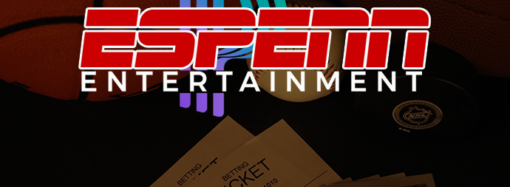
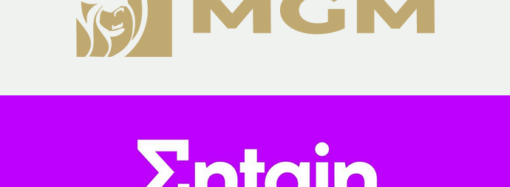
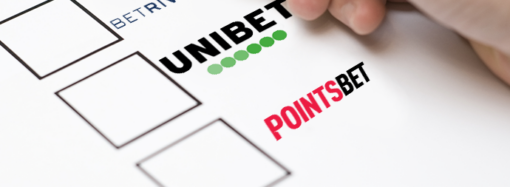
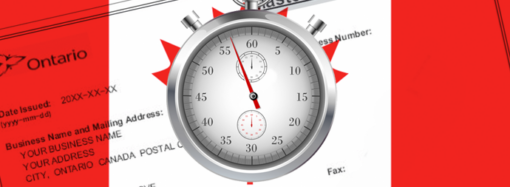


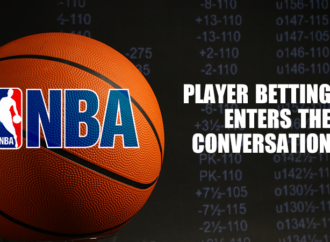


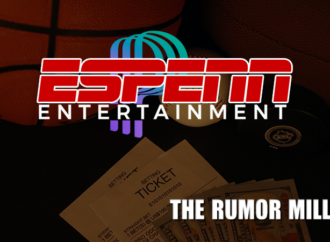






Leave a Comment
Your email address will not be published. Required fields are marked with *